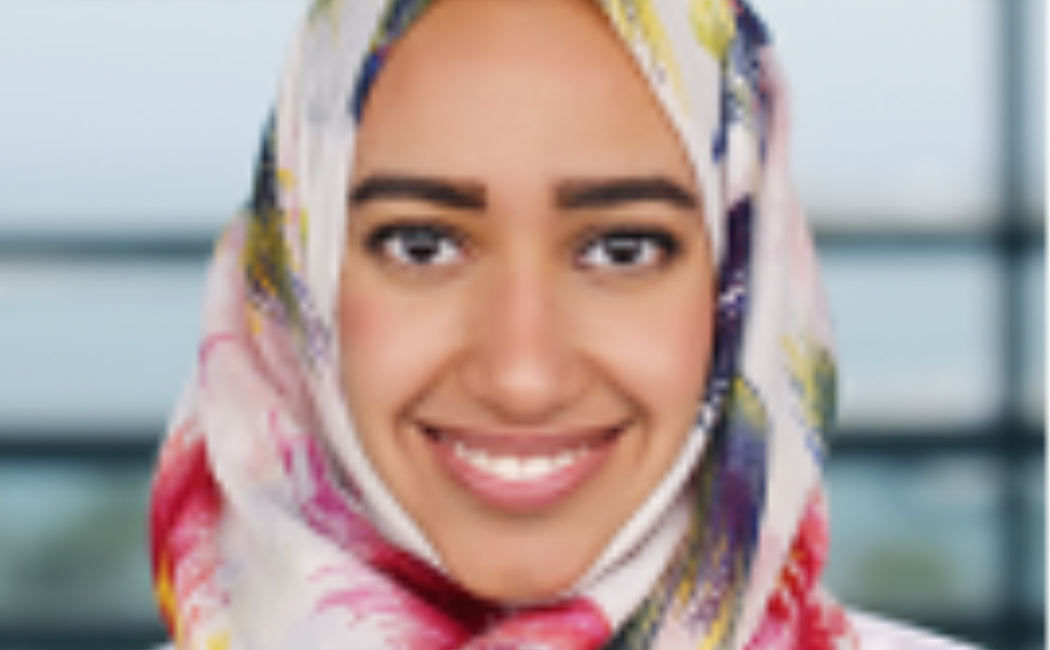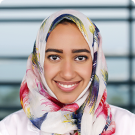



TITLE: Coral-associated bacterial community dynamics in healthy, bleached, and diseased states
ADVISOR: Prof. Christian Voolstra
DATE: Monday, November 19, 2018
TIME: 02:00 PM - 03:00 PM
LOCATION: Auditorium level 0, between buildings 2 and 3
ABSTRACT: Coral reefs are the proverbial rainforests of the ocean, but these spectacular structures are under threat from globally rising sea surface temperatures and ocean acidification. The Red Sea and the Persian/Arabian Gulf (PAG) display unusually high sea surface temperatures as a consequence of climate change, and therefore provide a model for studying environmental change. Corals are so-called holobionts consisting of the coral host, photosynthetic algae (Symbiodinium), along with other microorganisms. While the importance of bacteria to coral holobiont functioning is acknowledged, little is known about changes in the microbial communities under natural environmental stressors in the Red Sea and the PAG. Accordingly, I investigated the microbial community differences between bleached, healthy, and diseased corals.
In my PhD thesis, I could show that the composition of mucus-associated microbial communities of bleached and healthy Porites lobata colonies from the Red Sea and the PAG were similar, but regional differences were present. Studying coral disease in the Red Sea, I found that a broad range of corals in the Red Sea were infected with black band disease (BBD), but at a low prevalence. Last, I analyzed the mucus of Red Sea corals to provide a first insight into the carbohydrate composition.
BIO: I am a PhD student who joined Prof. Voolstra's lab in 2014. I received my B.Sc degree in Biotechnology from Taif University. My current research is focusing on coral reef ecosystems, biodiversity hotspots of enormous ecological and economic significance that are under continuous decline due to local and global stressors. In summary, my aim is to investigate the role of bacteria in diseased and bleached corals. For my research, I chose the Red Sea and the Persian/Arabian Gulf because both environments display unusually high sea surface temperatures. Our reefs therefore provide a model system for studying future oceans under predicted environmental change scenarios and might provide insight as to how corals respond to high water temperatures.